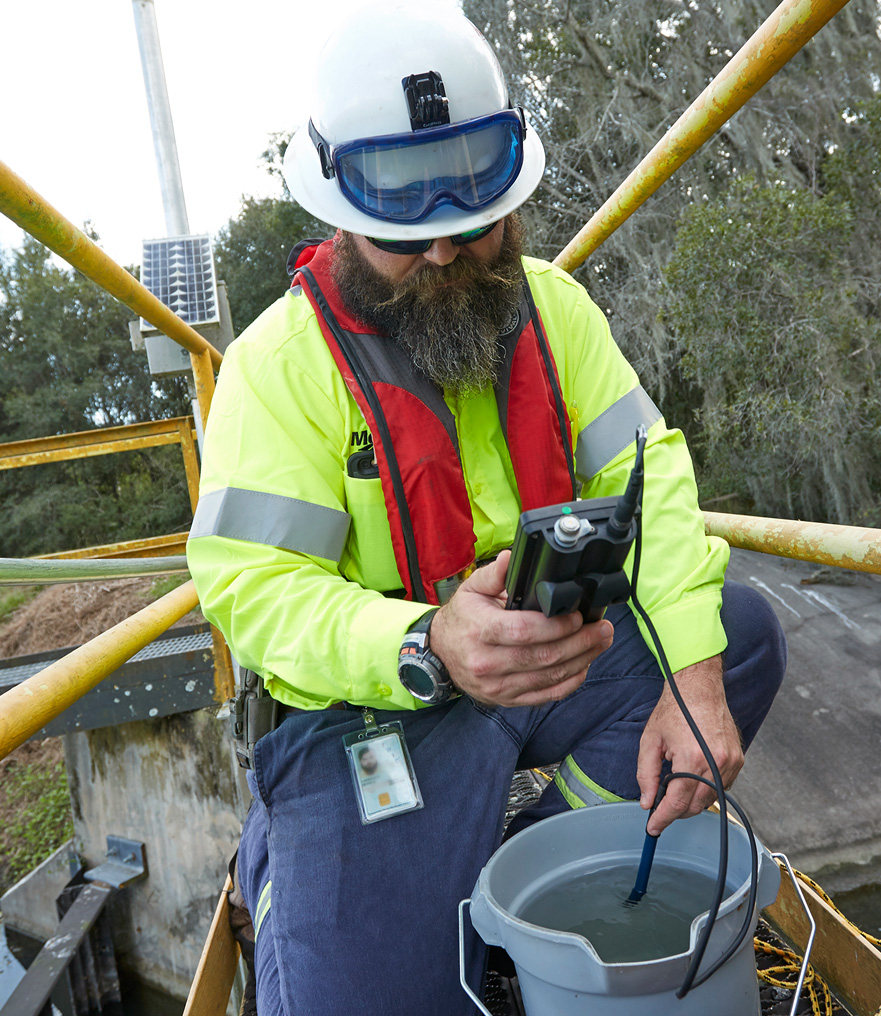 Sustainability Reporting |
Engaging our Diverse StakeholdersREPORTING AND TRANSPARENCY ARE INTEGRAL TO MOSAIC'S SUSTAINABILITY JOURNEYAs we continue to strive for better performance and results each year, these data points help us measure our success and look for new ways to improve. Mosaic’s stakeholders include our employees, local communities, customers, government and regulatory officials, investors, civil society organizations, environmental organizations, suppliers, media, academia and others. We identify our stakeholders as those who are affected by our activities and whose actions have the potential to affect the outcome of our business activities. Our stakeholders help shape our strategic priorities and give meaning to our mission to help the world grow the food it needs. As a global, publicly traded company, we are continually exploring what it means to be responsible and accountable to Mosaic’s diverse stakeholders. We seek ongoing dialogue with individuals or representatives of stakeholder organizations that impact—or are impacted by—Mosaic's business activities. Topics and indicators that reflect Mosaic's significant economic, environmental and social impacts or that would substantively influence the assessments and decisions of stakeholders are deemed by us to be "significant" for sustainability reporting purposes. Our sustainability disclosure practices detail our performance across broad focus areas of People, Environment, Society and Company. Content within our reports is shaped by the issues identified through a significance study, the results of which we analyze on an ongoing basis. |
|

REPORTING & TRANSPARENCY ARE INTEGRAL TO Mosaic’s sustainability journey. AS WE CONTINUE TO STRIVE FOR BETTER PERFORMANCE & RESULTS, THIS DATA HELPS US MEASURE OUR SUCCESS AND LOOK FOR NEW WAYS TO IMPROVE. |
|
 |
Defining Report ContentEVOLVING TO MEET OUR STAKEHOLDERS' NEEDSIn addition to analyzing peer sustainability reports, Global Reporting Initiative (GRI) Standards: Core option and the GRI Mining and Metals sector supplement, as well as other reports and frameworks, our ongoing analysis includes:
View Sustainability Disclosure & Archived Reports
|
 |
Significant TopicsREPORTING ON THE ISSUES THAT MATTER MOSTWe regularly conduct significance studies and seek ongoing dialogue with individuals or representatives of stakeholder organizations that impact—or are impacted by—Mosaic’s business activity. Topics and indicators that reflect Mosaic’s significant economic, environmental and social impacts, or would substantively influence the assessments and decisions of stakeholders are deemed by us to be “significant” for sustainability reporting purposes. |
Browse our Significant Topics
|


